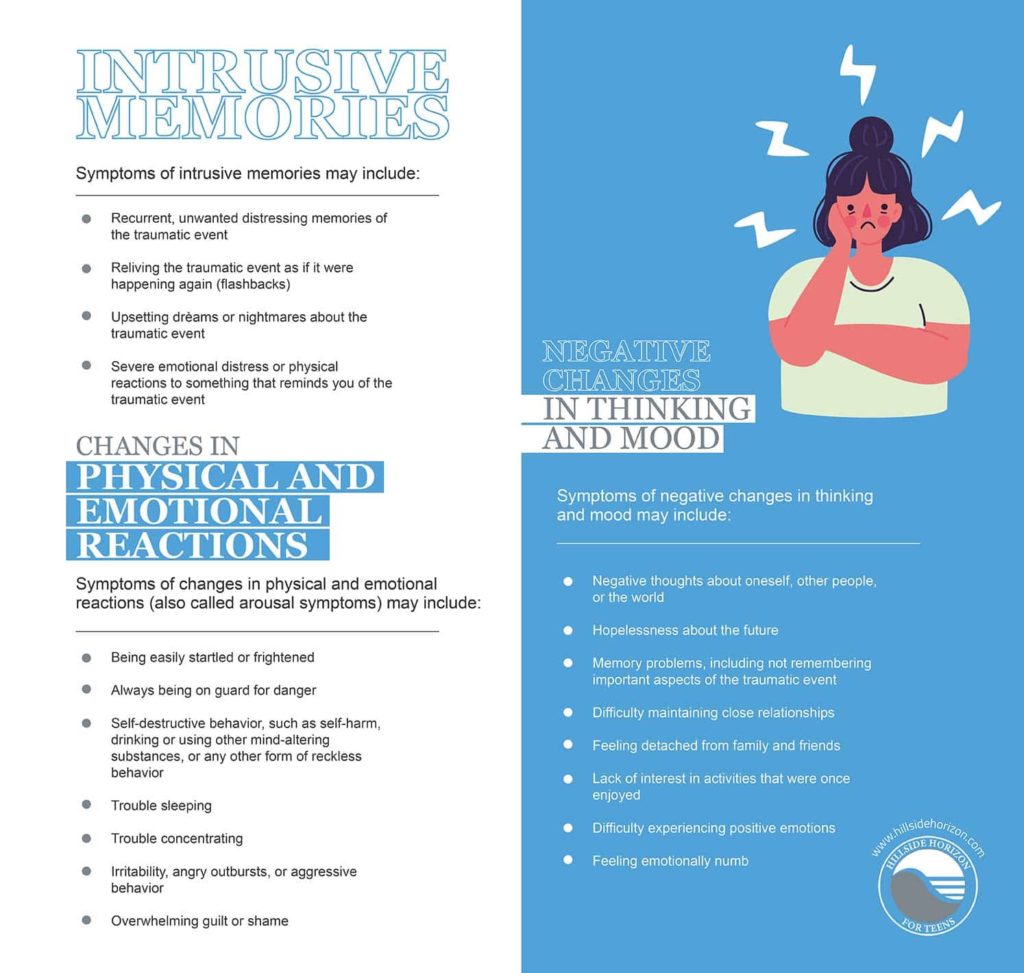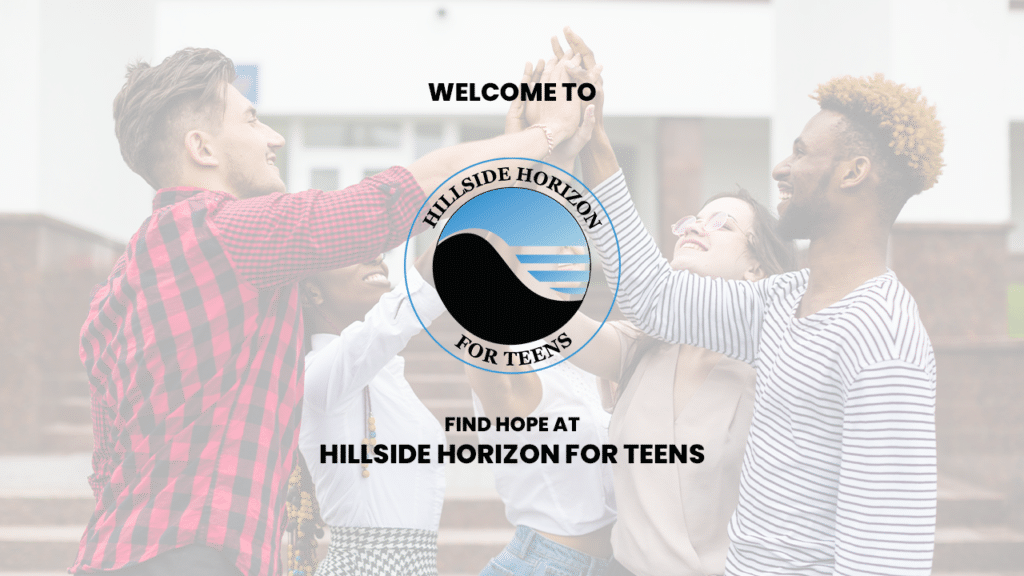Post-Traumatic Stress Disorder - PTSD in Teens
Post-traumatic stress disorder (PTSD) is a mental health condition triggered by a terrifying event – by either experiencing or witnessing it. Symptoms may include flashbacks, nightmares, severe anxiety, and uncontrollable thoughts about the event.
Most adults who go through traumatic events may have temporary difficulty adjusting and coping, but they usually get better with time and proper self-care. However, with children, certain traumatic events may cause issues for much longer, so it is crucial to get a child suffering from PTSD help as soon as possible to avoid further harm to their mental health.
If symptoms of PTSD in teens (or a child you may know) appear to worsen, lasting for months or even years, and interfere with their day-to-day functioning, the child in question may have PTSD. Getting effective treatment after recognizing PTSD symptoms can be critical to reducing symptoms and improving a child’s functions.
Symptoms of PTSD in Teens
Post-traumatic stress disorder symptoms may start within one month of a traumatic event, but sometimes symptoms may not appear until years after the event. These symptoms cause significant problems in social, school, or work situations and issues with relationships. They can also interfere with a child’s ability to go about their routine daily tasks.
PTSD symptoms can vary over time or vary from person to person and are grouped into four types:

Intensity of symptoms
It is important to know that PTSD symptoms can vary in intensity over time. A child may have more PTSD symptoms when they’re stressed in general or when they come across reminders of what they went through.
When to see a doctor
Talk to your child’s physician if your child has been having disturbing thoughts or feelings about atraumatic events for more than a month. Also, talk to your child’s physician if these thoughts appear to be severe or if you feel your child is having trouble functioning normally.
If you notice these behaviors in someone else’s child, contact the guardian of the struggling child or reach out to a mental health professional such as our team at Hillside Horizon for Teens. Getting treatment as soon as possible can help prevent PTSD symptoms from worsening.
If your child is having suicidal thoughts
If your child (or a child you may know) is having suicidal thoughts, get them help right away through one or more of these resources:
- Reach out to Hillside Horizon for Teens and speak with one of our highly passionate and qualified nurses, therapists, or clinicians
- Reach out to a close friend or loved one
- Reach out to the parent or guardian of the child if not your own
- Contact a minister, a spiritual leader, or someone in your faith community
- Make an appointment with your doctor or a mental health professional
- Call a suicide hotline number — in the United States, call the National Suicide Prevention Lifeline at 1-800-273-TALK (1-800-273-8255) to reach a trained counselor.
When to get emergency help for PTSD in Teens
If you think your child (or a child you may know) may hurt themselves, or are in danger of attempting suicide, call 911 or your local emergency number immediately.
If your child (or a child you may know) is in danger of attempting suicide or has made a suicide attempt, make sure someone stays with the child to keep them safe. Call 911 or your local emergency number immediately. Or, if you can do so safely, take the child to the nearest hospital emergency room.


